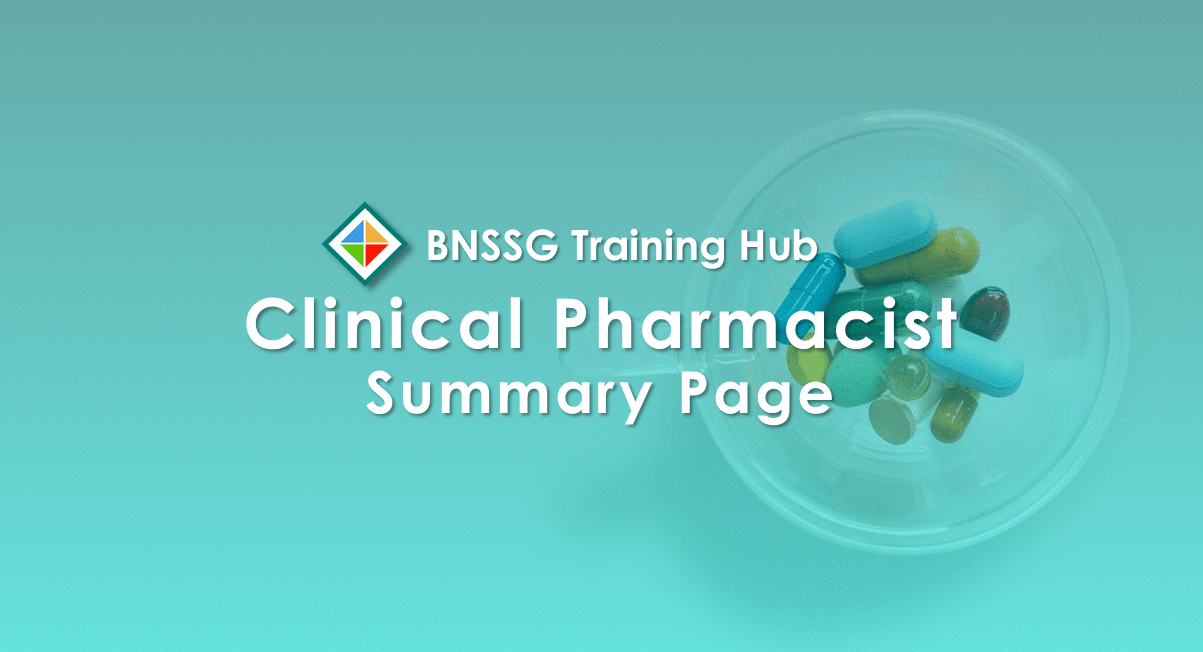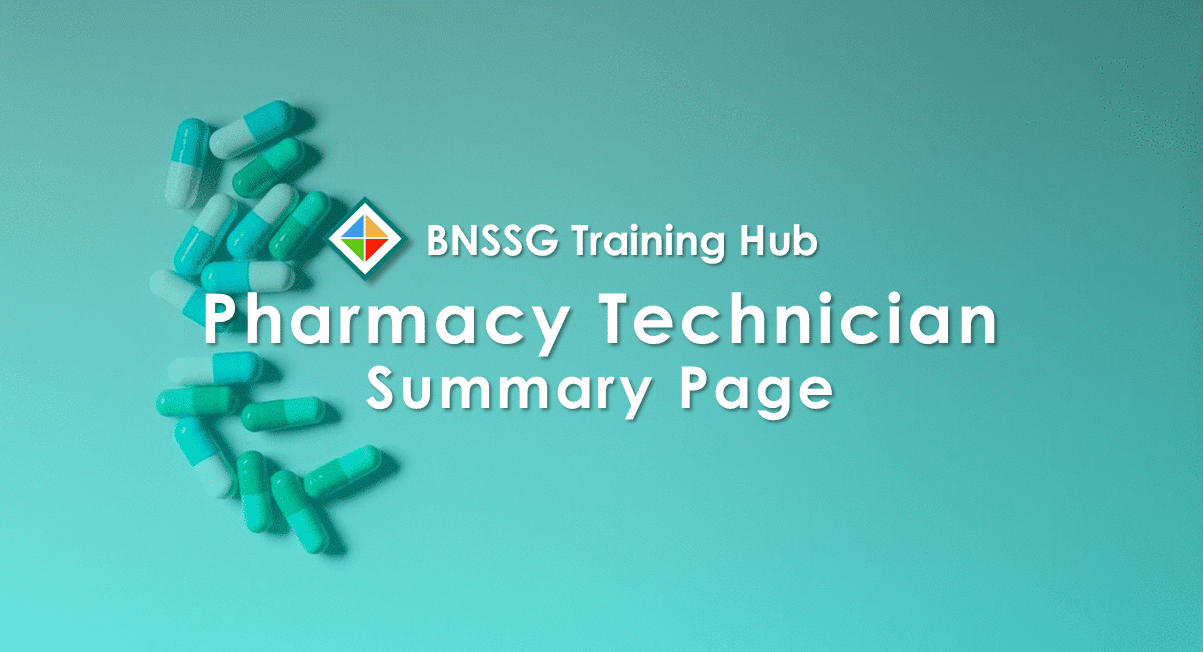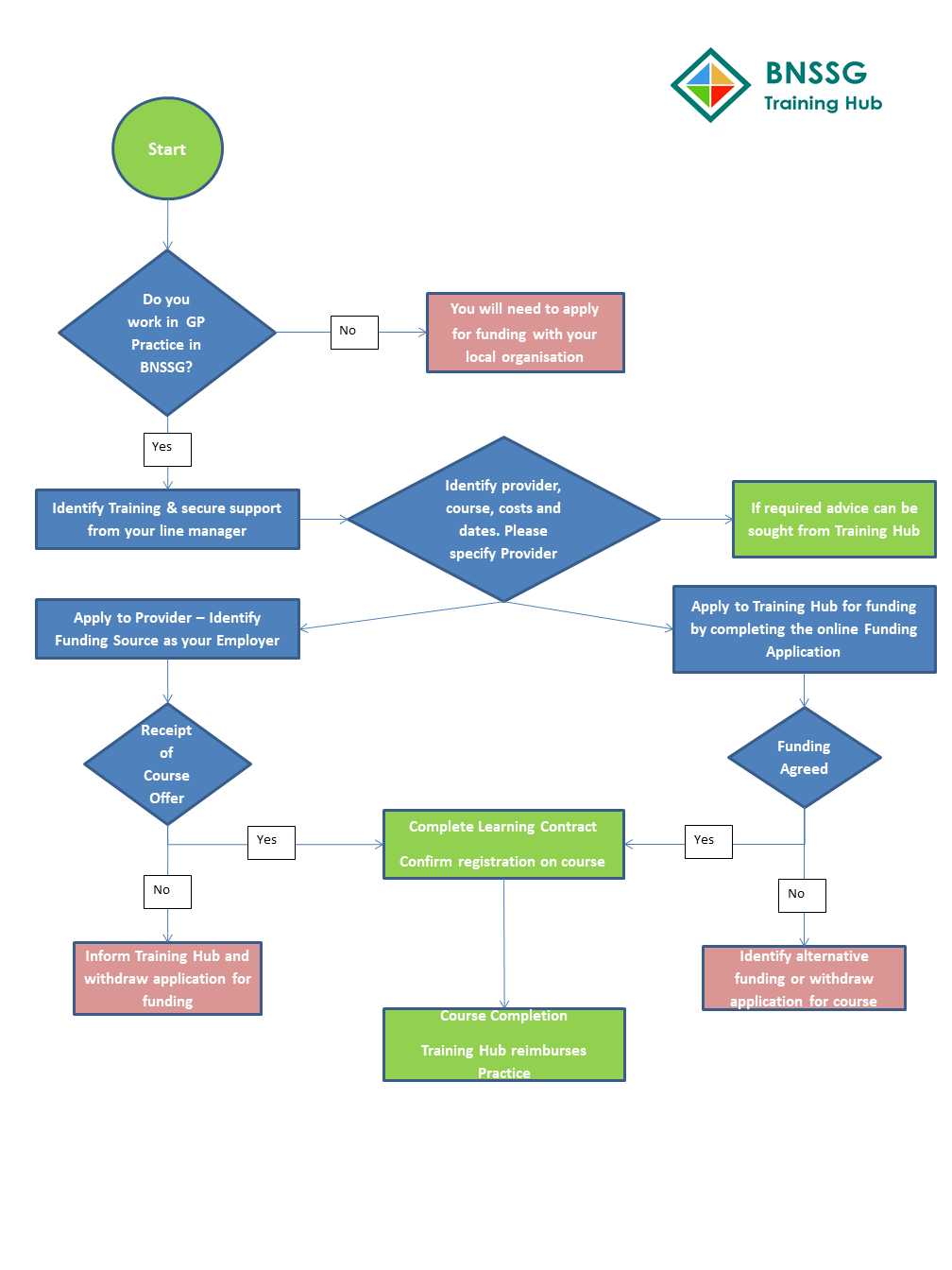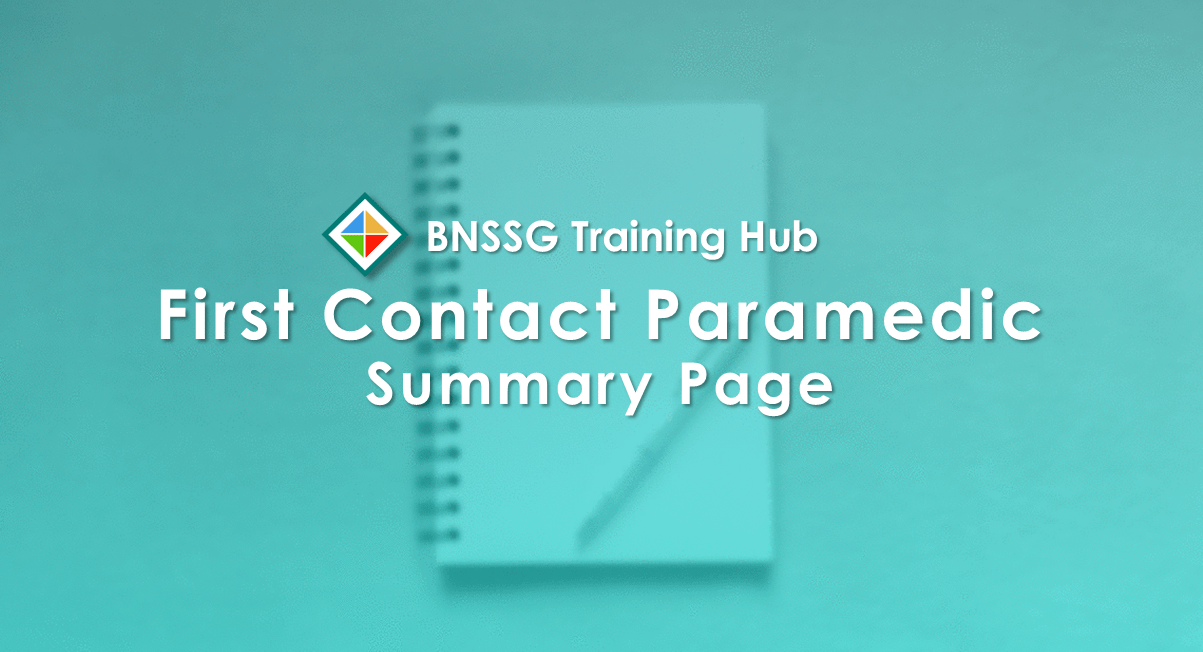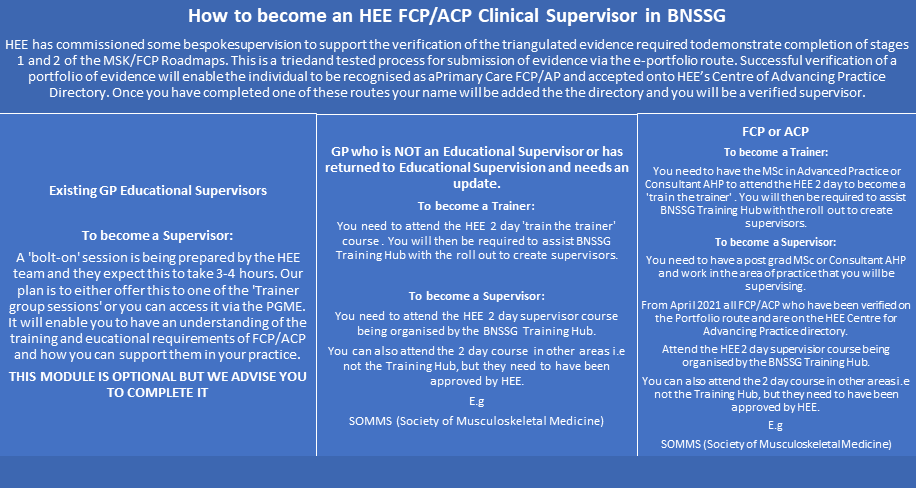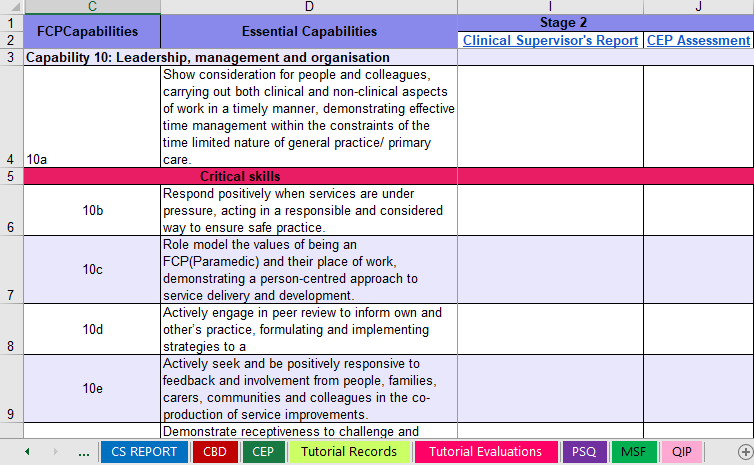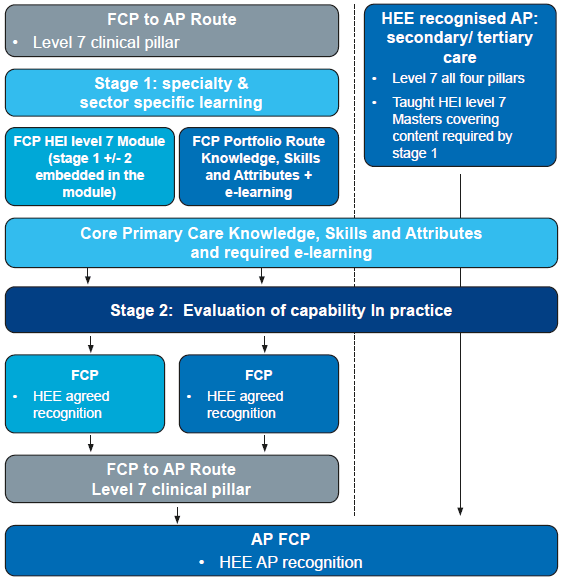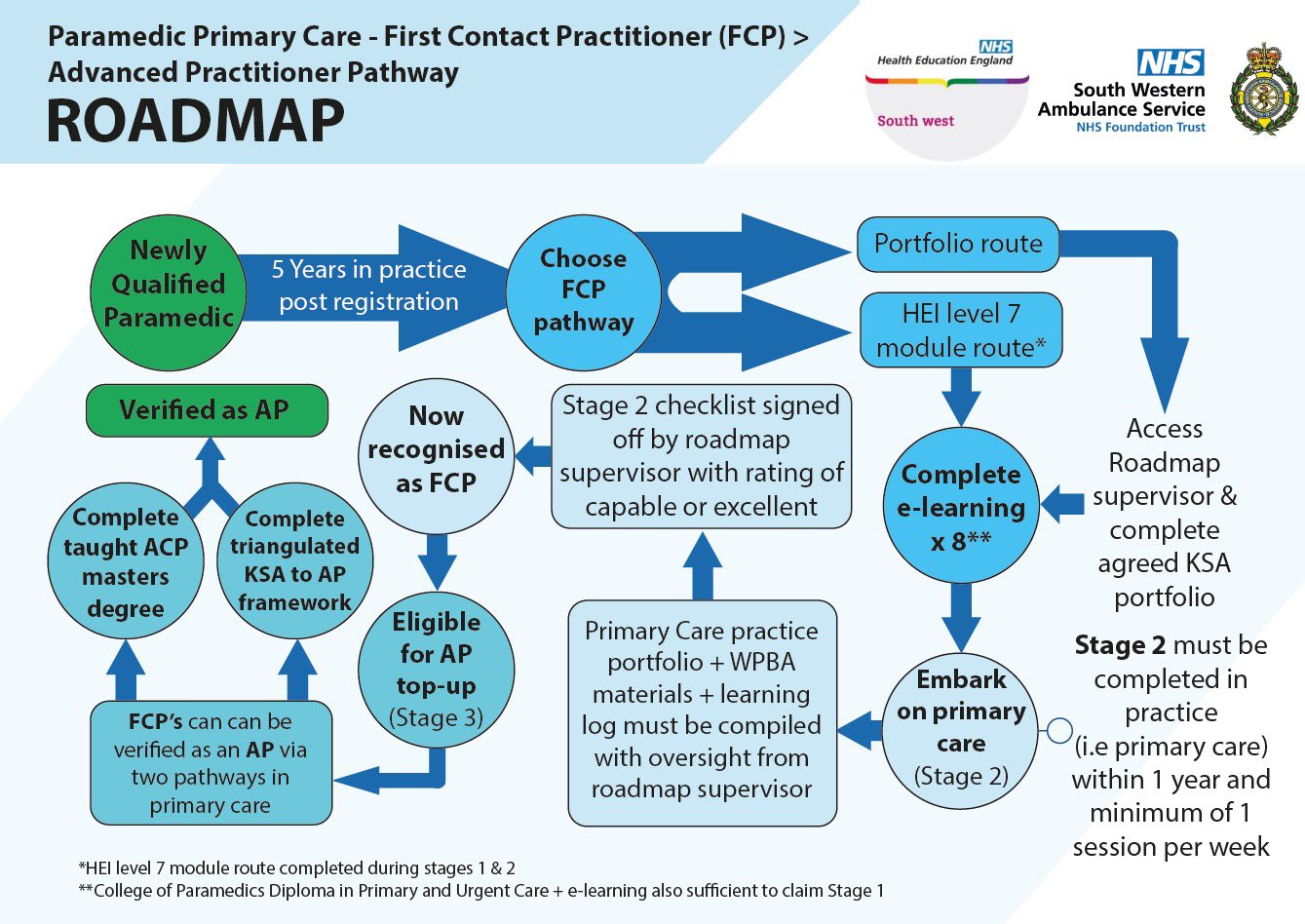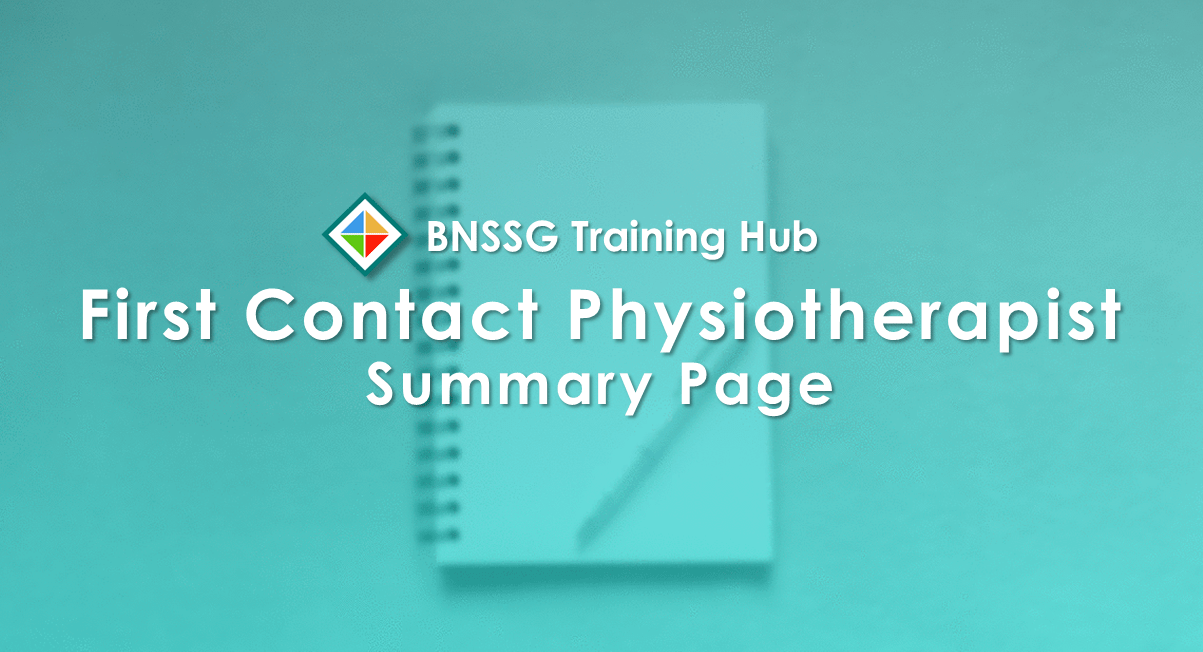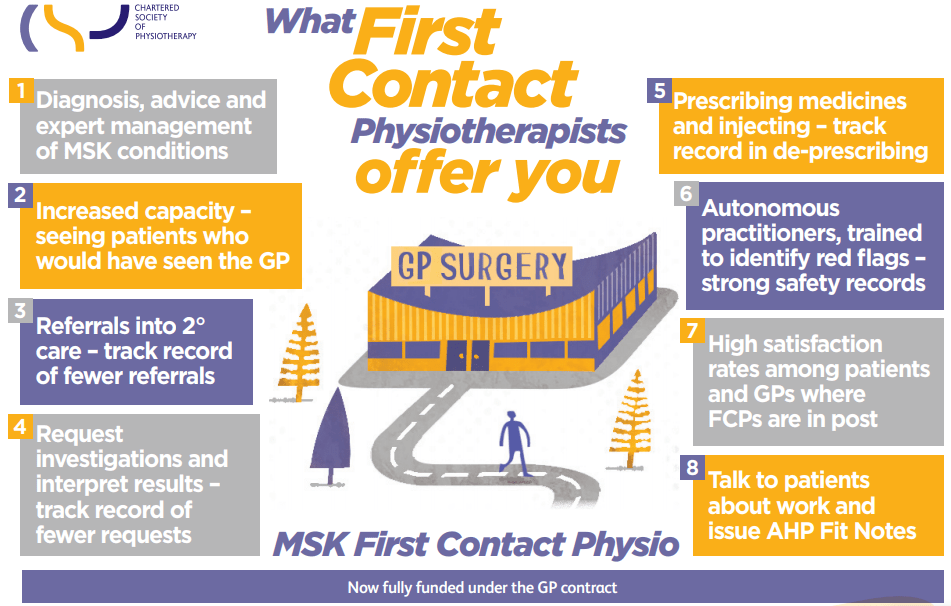What is your role?
“GP Partner at Horfield Health Centre and Faculty Registered Trainer (FRT).”
How did you start the process of becoming a GP with this specific portfolio role?
“I realised the importance of providing good contraceptive choice to women early in my career. I was a GP in Student Health immediately after qualifying and in my first GP partnership was asked to train to fit coils. I had a false start in training as an FRT – I attended the two day training pregnant with my 4th child and quickly moved cities. I was unable to pursue the necessary practical training at that time.
On arriving in Bristol 22 years ago I did some sessional work at Brook and for the Sexual Health Service. The work was and probably still is not well remunerated but it was rewarding, slower pace than GP and consolidated my contraceptive skills.
12 years ago I did the Clinical Supervisor training to become an F2 supervisor and realised that this would meet the training requirements for the FRT. FRT training has changed since that time. I then had a sabbatical from my partnership and pursued the practical training at what is now Unity.”
Do you need any supervision and if so, how did you arrange this?
“Yes. You are supported by the local Training Programme Director and an experienced FRT buddy.
In Bristol the TPD is Dr. Cindy Farmer.
It is best to contact Fay Webb – Executive Assistant To The Triumvirate (TRI) Team, Unity Sexual Health Centre at fay.webb@uhbw.nhs.uk.”
What qualifications did you need to undertake this role?
This is from the FSRH website:
“You must hold the following:
-
- A current NMC or GMC registration with a licence to practice.
- You hold a DFSRH, MFSRH or FFSRH.
- Your membership is current and you are up to date with recertification.
As well as confirming:
-
- You have at least 12 months current experience in SRH.
You must hold relevant qualification or accreditation in medical education. We accept any of the following:
-
- Postgraduate course in Medical Education for Sexual and Reproductive Healthcare (University of Keele or Worcester) within the last 5 years. (NO plans for this course to run currently)
- Current GMC approved GP Trainer
- Current GMC Recognised Trainer
- Successful completion within the last 5 years of a university accredited postgraduate course in medical/clinical/healthcare teaching or education, with a minimum of 15 credits at Levels 6 or 7.
- Successful completion of Academy of Medical Educators (AoME) accredited courses (within the last 5 years). We do not accept all AoME accredited courses and therefore may request additional information to support your application.
- Current Member or Fellow of the AoME. (Associate and Student membership not applicable.)
- Successful completion of a Advance Higher Education (Advance HE) (formerly known as the Higher Education Academy (HEA)) accredited course (within the last 5 years). We may request additional information to support your application.
- Current Fellow, Senior Fellow or Principal Fellow of the HEA.
FRT applicants have recently submitted the courses below as a way to meeting the medical/clinical/healthcare education requirements to become an FRT. Please note that we are NOT recommending these courses as all applicants’ needs are different. We are just providing them as examples of courses that have met our requirements, but you will need to check the content yourself carefully if you decide to take them as institutions change modules, level, and credit value from time to time.
- AoME Accredited Educational and Clinical Supervisor course from Miad Healthcare. On completion of this course, you will need to attach with your FRT application form certificates showing that you have successfully completed the two webinars, two e-learning modules, a copy of your assessed reflection report, and a copy of the assessor’s feedback that all form part of this course.
- Teaching and Learning in Health Professions Education module from University College London Medical School. On completion of this course, you will need to attach your full course transcript showing your marks for the module with your FRT application form.
Many of you will be planning to undertake a course that is not listed above. If you would like to check whether it would meet our requirements, please email education@fsrh.org with the full details of the course, including the level, number of credits, module descriptor including learning outcomes, and details of how the course is assessed. We will then review the course content and let you know whether it would be valid as part of your FRT application.”
If applicable, how do you demonstrate ongoing competence in this area and are there any specific requirements to do this?
“Reaccreditation is every 5 years – best to check the FSRH website for full details of the requirement.”
What do you feel having this additional role brings to your career overall?
“It is my area of expertise as a GP in my practice.
I lead on Women’s Health and the educational aspect of training keeps me up to date.
I have been able to support GP trainees and nurses at the practice to complete their DFSRH and LoC-IUT and LoC-DSI.
On one occasion I did DFSRH, LoC-SDI and LoC-IUT training with an experienced GP from another GP surgery. I was paid by the GP for the DFSRH training and at that time there was a local fund for LARC training which paid for the rest.
I now have an honorary contract with Bayer and train GPs and Nurses in LoC-IUT – I am paid £300 per session for this training
I attend local FRT training and am invited to a national training meeting run by Bayer.”










